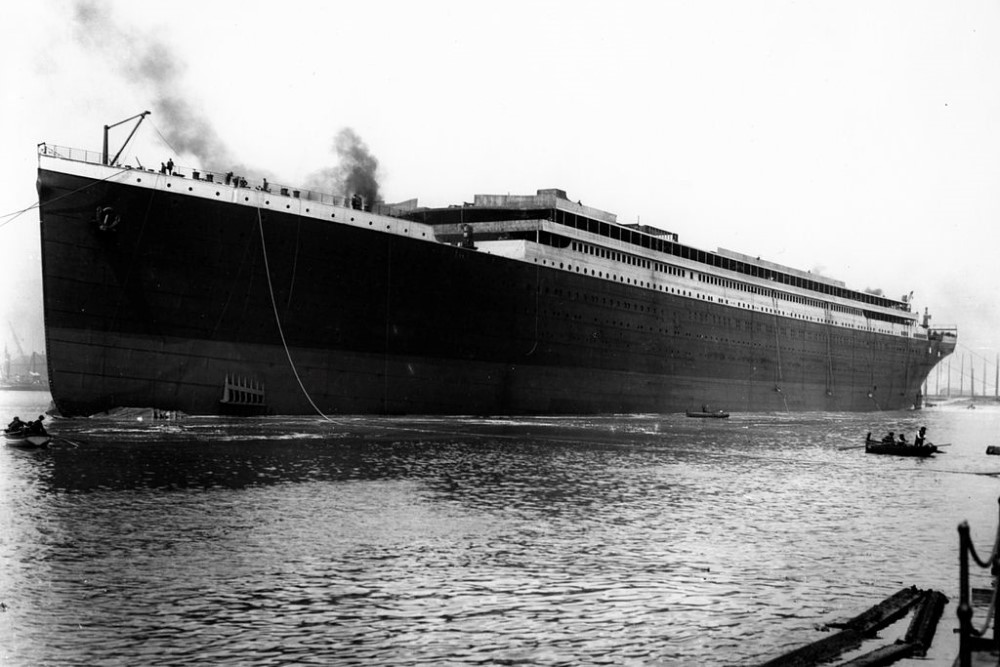The fight for the quality of life for all living organisms
“Imagine if you were [confined] to a bathtub for twenty-five years, don’t you think you’d get a little psychotic?!” exclaims an opponent of animal captivity, more specifically that of killer whales.
Marine mammal scientist, Dr. Naomi A. Rose attributes various reasons as to why concrete surroundings are a terrible idea for these smart, complex, powerful creatures. One, the small size of the tank does not allow orcas to be exercised enough and therefore, are not fit. Second, they may be paired or grouped with other orcas that are not conducive to their environment, which decreases their immune system. This is extremely important, as orcas are naturally very social animals.
The three infamous killings by the orca named Tilikum, who has resided at SeaWorld for close to thirty years now, has forced the public to examine the ethics of animal confinement to such harmful environments. One horrid death in particular has reached Breaking News and CNN Films has recently produced an exhilarating documentary titled “Blackfish”, in an attempt to examine the psychology of the phenomenal animal.
The film depicts several incidents to whale trainers caused by the orcas, with the most severe ones resulting in death. Senior trainer Dawn Brancheau’s death was one of the most gruesome episodes ever to occur. Pulled beneath the surface of the water by her ponytail, Tilikum managed to abuse her so badly that her body had become unrecognizable. SeaWorld not only continued to say it was an accident, but also blamed Brancheau for having a long ponytail – an easy target to grab hold of. “Blackfish” shares stories and videos of multiple trainers with the same hairstyle that never caused the whale to grab hold of it and pull them under.
In response to the film SeaWorld said in a statement to CNN: When asked for interviews several times, SeaWorld refused. The world-renowned organization had only this to say: “Blackfish is billed as a documentary, but instead of a fair and balanced treatment of a complex subject, the film is inaccurate and misleading and, regrettably, exploits a tragedy that remains a source of deep pain for Dawn Brancheau’s family, friends and colleagues” (CNN).
Research proves that uninhabitable environments like that of captivity, are slowly killing the orcas. They become too weak to be released into the wild after their days of performing are long over. So why do we continue to capture, train, and confine orcas, while the degradation of their lives is stimulating aggression towards their trainers. After three brutal killings, Tilikum mundanely continues to swim the perimeter of his cement enclosure, performing less than before. Where do we draw the line between our selfish desires for entertainment and the decency of life for these killer whales? Orcas are meant to roam freely about the open seas, which is why there they thrive. By stealing this freedom from them, we not only reduce their quality of life, but also put the human trainers at a huge risk.




